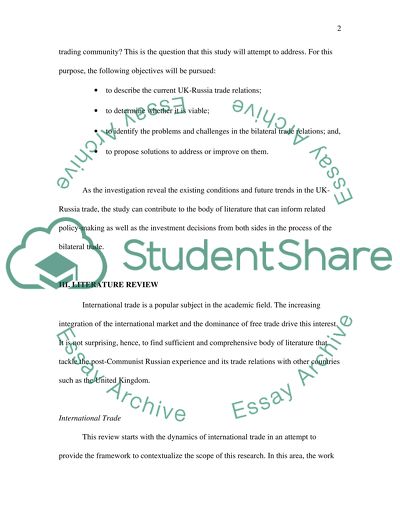Cite this document
(“Analysis Of Russian-British Economical And Trade Cooperations: Dissertation”, n.d.)
Retrieved from https://studentshare.org/politics/1396424-analysis-of-russian-british-economical-and-trade
Retrieved from https://studentshare.org/politics/1396424-analysis-of-russian-british-economical-and-trade
(Analysis Of Russian-British Economical And Trade Cooperations: Dissertation)
https://studentshare.org/politics/1396424-analysis-of-russian-british-economical-and-trade.
https://studentshare.org/politics/1396424-analysis-of-russian-british-economical-and-trade.
“Analysis Of Russian-British Economical And Trade Cooperations: Dissertation”, n.d. https://studentshare.org/politics/1396424-analysis-of-russian-british-economical-and-trade.


